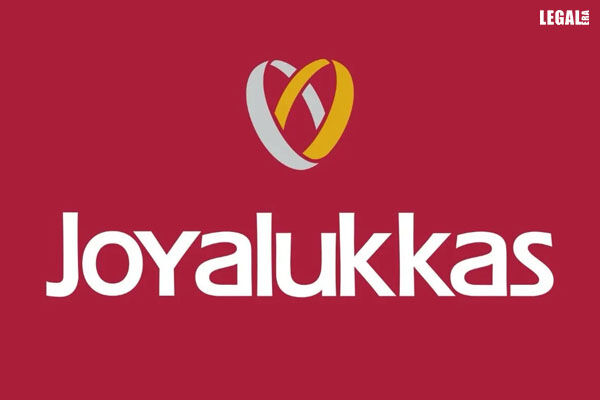
Joyalukkas Wins Tax Appeal On Loan Interest Disallowance Before ITAT Cochin
Interest on Working Capital Loans Held Deductible as Revenue Expenditure by ITAT
In a significant ruling reinforcing the treatment of interest on working capital loans as a revenue expenditure, the Income Tax Appellate Tribunal, Cochin Bench, allowed a deduction of ₹1,39,04,056 under Section 36(1)(iii) of the Income Tax Act, 1961. The decision comes in the case of M/s. Joyalukkas (India) Pvt. Ltd., a prominent player in the jewellery and textile business.
Background of the Case
The assessee, M/s. Joyalukkas (India) Pvt. Ltd., had claimed a deduction for interest expenses incurred on working capital loans obtained from financial institutions. The total claim under scrutiny amounted to ₹1,39,04,056. The company contended that these funds were used for operational purposes, including renovation of leasehold premises, which had previously been accepted as revenue expenditure.
However, the Assessing Officer disallowed the interest expenditure invoking the proviso to Section 36(1)(iii) of the Income Tax Act, on the grounds that the borrowed funds were allegedly utilized for the acquisition of capital assets, and therefore the interest should have been capitalized.
Proceedings Before the Dispute Resolution Panel
The matter was escalated to the Dispute Resolution Panel, which upheld the view of the AO. The DRP maintained that the interest expenditure was linked to the improvement of leasehold premises and, consequently, attracted the capitalization requirement under the proviso to Section 36(1)(iii).
Assessee’s Argument and Legal Precedents
Represented by Parvathy Ammal, the assessee contended that the matter was covered in its favour by prior decisions of the Tribunal and the Kerala High Court. Specifically, it was argued that renovation expenses on leasehold properties had already been judicially recognized as revenue expenditure.
On that basis, the assessee submitted that since the underlying expense had been treated as revenue in nature, the associated interest on the borrowed funds used for such renovation should also be allowed as a revenue deduction under Section 36(1)(iii).
Revenue’s Position
Representing the Revenue, Sanjit Kumar Das argued that the funds were linked to the acquisition or improvement of capital assets and thus squarely fell within the ambit of the proviso to Section 36(1)(iii). The Revenue insisted that the interest be capitalized in line with the statutory provision.
Tribunal’s Findings and Decision
The Bench, comprising Rahul Chaudhary, Judicial Member and Inturi Rama Rao, Accountant Member, examined the nature of the expenditure and the application of borrowed funds. Relying on its own earlier rulings in the appellant’s case and the binding precedent of the Kerala High Court, the Tribunal observed that:
“Since the renovation of leasehold premises has been conclusively held to be revenue expenditure, the corresponding interest on borrowed capital used for such renovation cannot be capitalized and must be allowed as a revenue deduction.”
Accordingly, the Tribunal concluded that the disallowance of ₹1,39,04,056 was not sustainable in law and directed its deletion. The appeal on this ground was allowed in favour of the assessee.
The ITAT’s ruling reaffirms the principle that where the underlying expenditure is treated as revenue in nature, the interest on borrowings incurred for such expenditure must also be deductible as revenue expenditure. This judgment provides clarity on the application of Section 36(1)(iii), particularly in the context of leasehold property renovations, and sets a persuasive precedent for similar cases in the future.